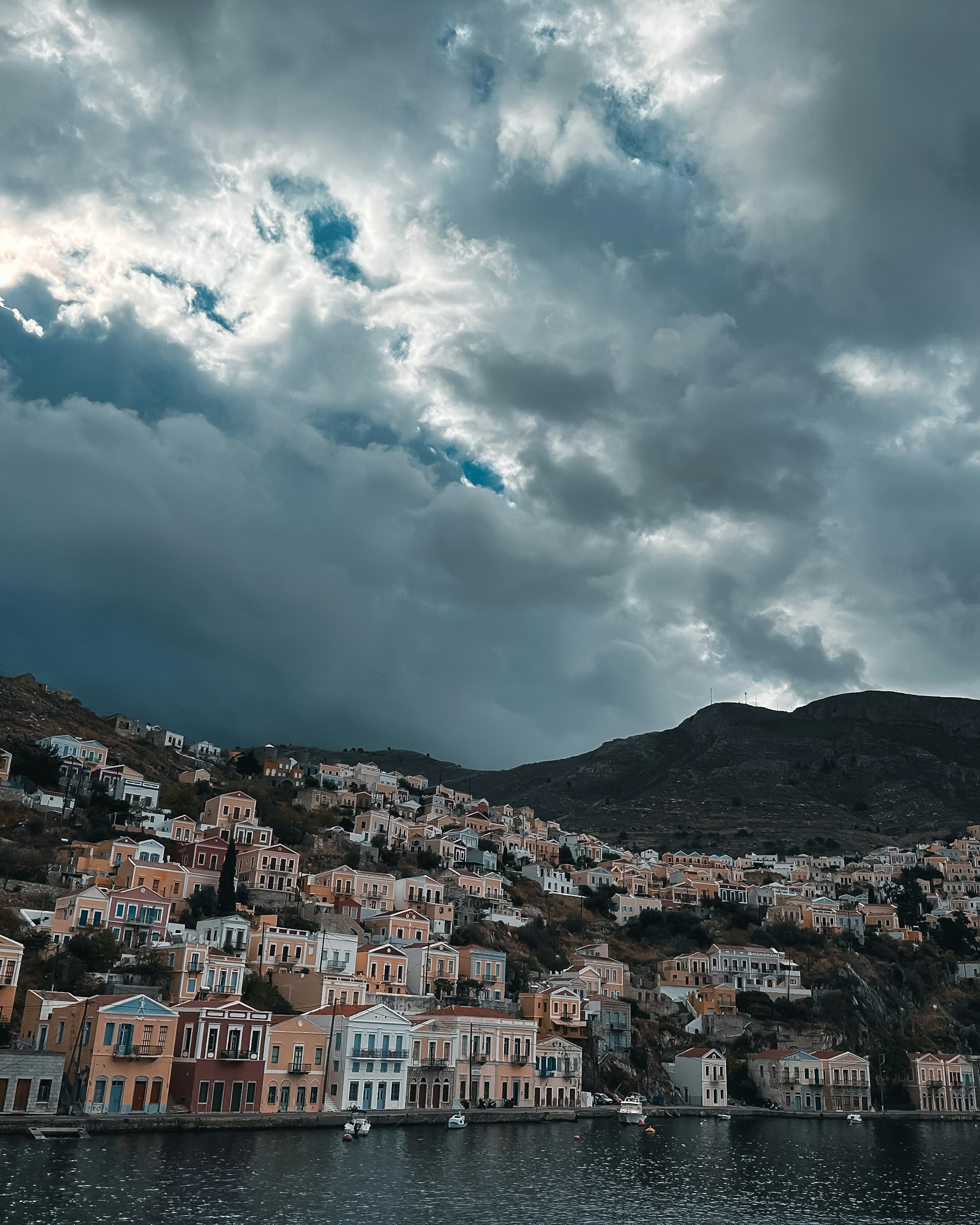Discover Symi: History, Customs, Festivals and Traditions Guide
Discover Symi's rich history, unique customs, vibrant festivals, and timeless traditions in our comprehensive guide!

Discover Symi: History, Customs, Festivals and Traditions Guide
Introduction
Symi, an enchanting Greek island in the Dodecanese archipelago, is known for its vibrant neoclassical architecture, rich maritime history, and deeply-rooted traditions. Situated just 23 nautical miles from Rhodes, this picturesque island offers a serene escape enriched with cultural and historical treasures. In this comprehensive guide, we delve into the history, customs, festivals, and traditions that make Symi a captivating destination.
Historical Context
Ancient History
Symi's history traces back to the ancient times when it was first inhabited by the Carians and later colonized by the Dorians. The island’s name has mythical origins, believed to be derived from the nymph Symi, who was married to the god Glaucus according to Greek mythology.
Byzantine and Knights of St. John Era
During the Byzantine period, Symi flourished as a significant port and trade hub. In the 14th century, the island came under the rule of the Knights of St. John, who fortified it to protect against piracy. The influence of the knights is still evident in the medieval architecture that dots the landscape.
Ottoman Rule and Modern History
In 1522, Symi fell under Ottoman rule, marking a period of limited autonomy and flourishing trade, especially in shipbuilding and sponge diving. The island achieved freedom from the Ottoman Empire in 1912, later coming under Italian and then Greek control after World War II. Symi joined the modern Greek state in 1948, shaping its current identity.
Customs and Cultural Practices
Maritime Heritage
Symi has a storied maritime heritage, with shipbuilding and sponge diving being central to its economic and cultural development. The island's sailors were renowned for their expertise, and many traditional wooden boats, or caiques, are still built here.
Religious Practices
The islanders are deeply religious, with Greek Orthodoxy playing a central role in their daily lives. Numerous churches and monasteries, like the Monastery of Archangel Michael Panormitis, are not only places of worship but also hubs of community life.
Festivals and Celebrations
Symi Festival
One of the most significant events on the island, the Symi Festival, typically held from July to September, showcases a vibrant mix of music, dance, theater, and art. This festival attracts both locals and tourists, providing an immersive cultural experience.
Panormitis Festival
Celebrated on November 8th and again on the weekend after Easter, the Panormitis Festival honors Archangel Michael, the island’s patron saint. Pilgrims flock to the Monastery of Archangel Michael Panormitis to attend liturgies, processions, and communal feasts.
Carnival
The island’s Carnival, occurring in February or March, is a time of joyous revelry. Traditionally, locals dress in costumes, participate in parades, and celebrate with music and dancing, marking the end of winter and the arrival of spring.
Local Cuisine
Symi’s culinary landscape is deeply influenced by its maritime setting. Visitors should sample local specialties, such as:
- Symi Shrimp - Tiny, flavorful shrimps unique to the island.
- Capers - Used in a variety of dishes, offering a distinctive taste.
- Sfougato - A local sponge-like omelet.
Traditional tavernas serve these delicacies, making dining on the island a delightful experience.
Interesting Facts
- Symi boasts more than 100 churches and chapels, a testament to the islanders' devout faith.
- The island was named an Area of Outstanding Natural Beauty in 1973.
- Symi's neoclassical mansions are preserved under local heritage laws, maintaining the island's charming aesthetic.
Local Anecdotes
A popular local legend tells of the appearance of Archangel Michael at the Panormitis Monastery. It is said that the Archangel appeared to fishermen, guiding them safely back to shore during a storm, which is why the monastery is a significant pilgrimage site.
Many elder islanders speak of their adventures in sponge diving, an occupation fraught with danger but one that brought wealth and fame to Symi.
Conclusion
Symi is a treasure trove of history, culture, and natural beauty. From its ancient roots and maritime heritage to its vibrant festivals and delicious cuisine, the island offers a unique and enriching travel experience. Whether you’re exploring its historic sites, participating in local customs, or simply enjoying the serene landscapes, Symi promises unforgettable memories.
